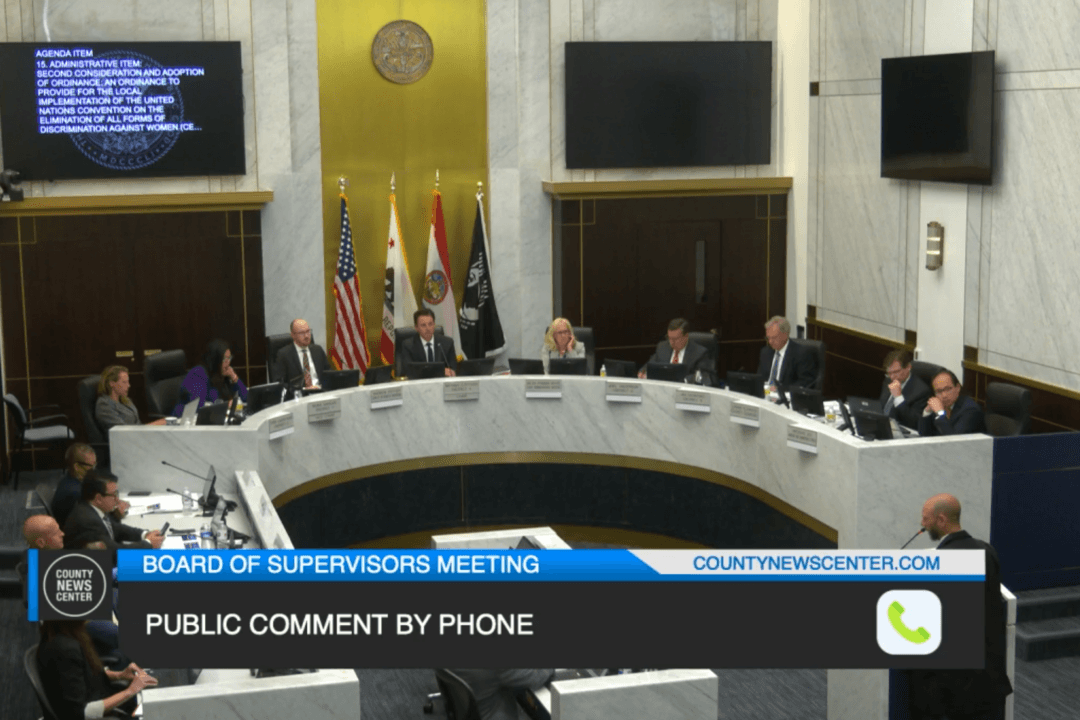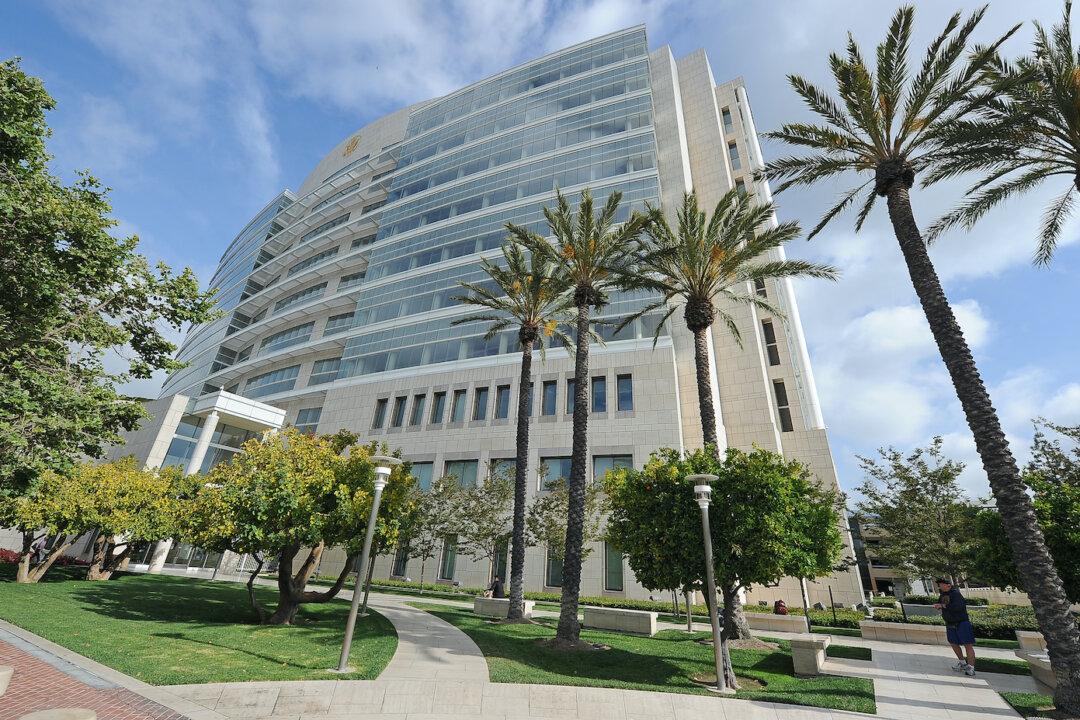The San Diego County Board of Supervisors voted Nov. 15 to continue discussions about eliminating its zero-tolerance policy against those engaging in illegal drug activity in taxpayer-funded housing.
According to the county, such a change would support its vision of a “just, sustainable, and resilient future” for the health and safety of underserved communities by accepting applicants for housing, despite possible drug involvement.




